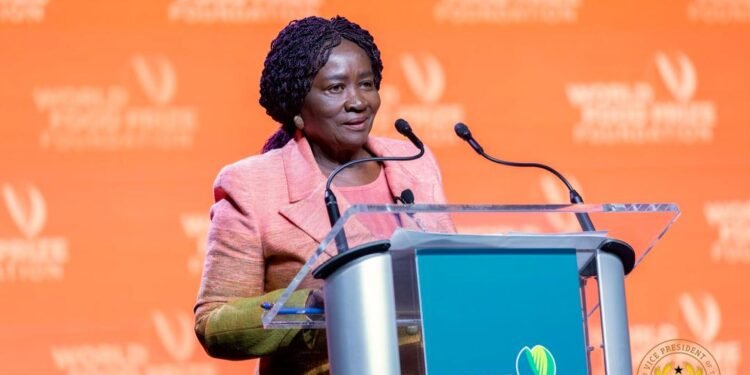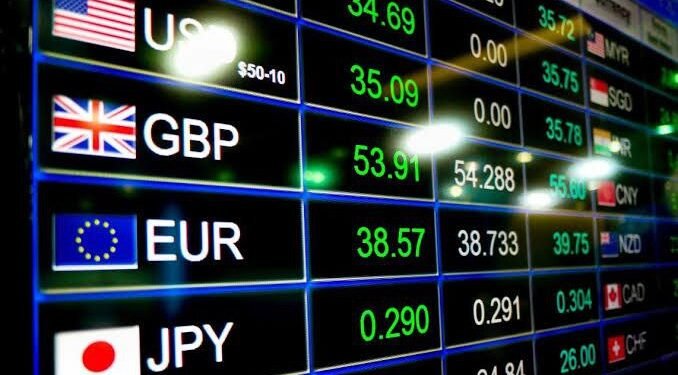The research arm of Fitch Ratings, Fitch Solutions has projected that Europe’s manufacturing economies are going to outperform peers; however, stability risks are likely to surface in Turkey and Russia.
Satisfactorily, progress has been made on the global front on the basis of a quicker-than-expected economic recovery. Albeit, this progress mimics that of the vaccination programme, as economies gradually reopen amid a declining spread of the virus.
Against this backdrop, Fitch Solutions has asserted that export-orientated economies such as Germany and those in Eastern and Central Europe (CEE) will rebound at a quicker pace. On the other hand, countries which are more services-orientated countries in Southern Europe will likely lag behind.
Aside the threats of COVID-19, macroeconomic stability risks in Russia and Turkey are also on the ascendancy, risking a more resilient recovery in 2021.
Although Europe has had greater opportunities to get its economies vaccinated, unlike in some other jurisdictions, it has not been smooth. This is a result of supply-side constraints and safety concerns around the Astrazeneca vaccine.
Manufacturing Rebound selective
From the onset, Europe sort priority for its populace, thus, avoiding access of the vaccine in other economies, yet still trends below other advanced economies. Fitch Solutions believes that the pace of vaccinations will pick up significantly in Q2 2021.
“… The EU will administer a further 343 million first doses by the end of June 2021, which should cover 89% of the region’s priority populations and thus enable member states to unwind Covid-related restrictions through H2 2021.”
As these actions impact of the recovery, the research firm expects domestic demand to continue to face some challenges delaying the recovery.
“We therefore believe that the manufacturing-orientated economies such as Germany and to a lesser extent Italy will rebound at a quicker pace than their more services-orientated peers, including Spain and France.”
Germany’s purchasing Manager’s Index (PMI) readings have recently surged on the back of the growing economic strength across developed markets. This value reached an all-time high of 66.0 in March 2021, even beyond that of Spain, Italy and France.
According to Fitch Solutions, the manufacturing sector in Germany accounts for about 21.0% of its gross added value. Compared to those of other countries such as Italy, Spain and France with values 16.1%, 12.0% and 11.2% respectively, Germany fares well.
This notwithstanding, the recovery of global manufacturing activity will also boost growth across the CEE economies, including Czech Republic, Hungary, Poland, Slovakia and Romania.
“The region’s strong integration into German supply chains, with the economies exporting more than a quarter of their goods to Germany, will prove beneficial in this regard and support a further recovery in export order books in the months ahead.”
Russia and Turkey face risks
While these countries are likely to fare better, economies such as Turkey and Russia are not. The major problem with these economies is that they face risks that undermine a possible stable outlook.
Specifically, for Turkey, the research firm notes that the recent change in the leadership of the Central Bank is raises concerns about a switch in policy measures that may further worsen inflation.
There is the likelihood that greater monetary easing policies may be pursued which may throw the country’s currency out of balance. Thus, it may raise pressures of accumulating huge current account deficit as a result.
For Russia, recent sanctions by the US government in response several allegations including Russia’s interference with the US 2020 elections and hack of US solar winds. The President of the United States, Joe Biden has imposed sanctions on Russian sovereign debt. Once in force, US financial institutions will be banned from trading in Russian State debts, etc.
Fitch Solutions notes that although these debt restrictions pose risks, they are not going to cripple entirely Russia’s access to secondary markets for funding, from local and non-US investors.
READ ALSO: Top eight companies to increase gold production by up to 3.1% in 2021— GlobalData























